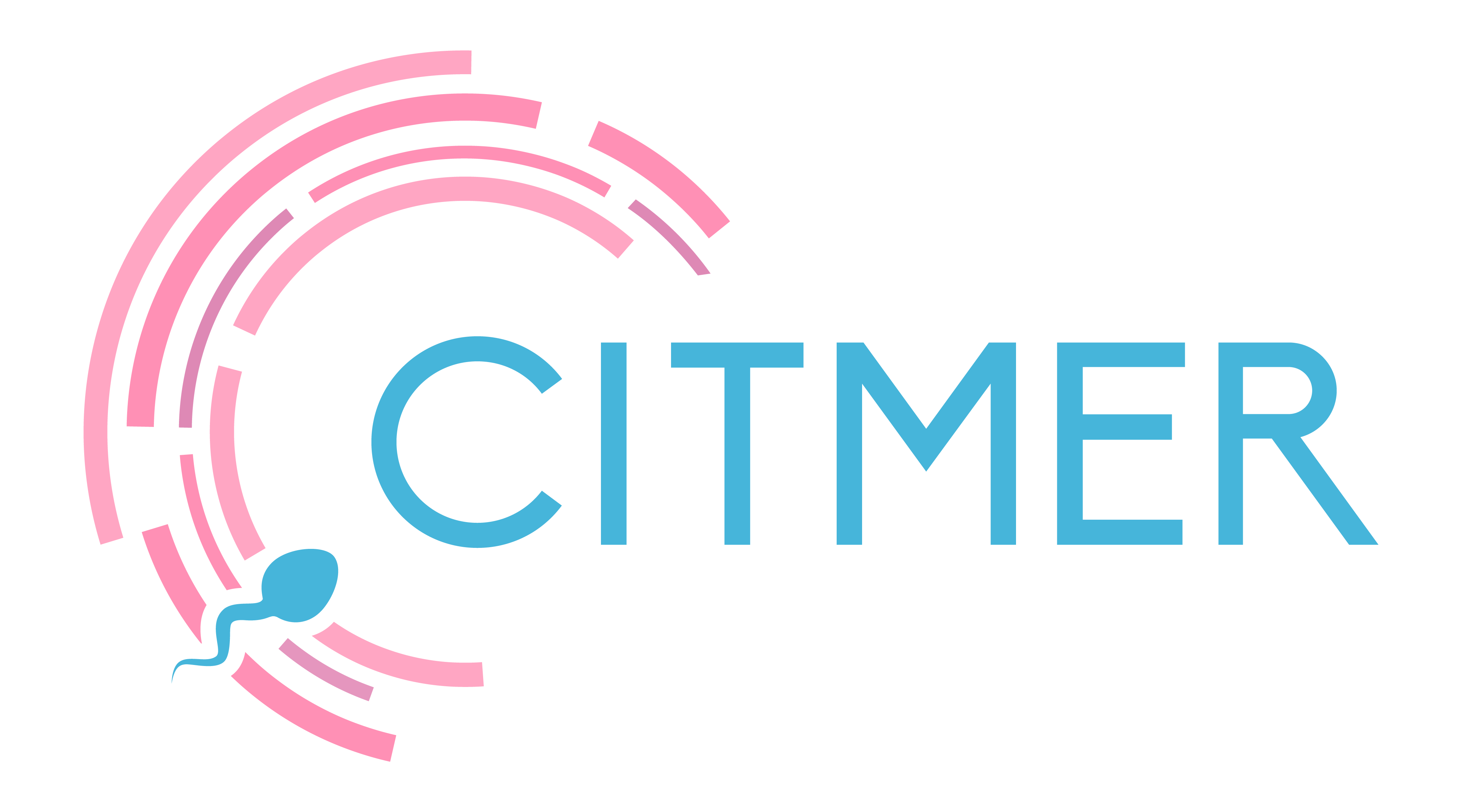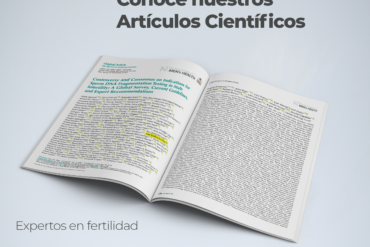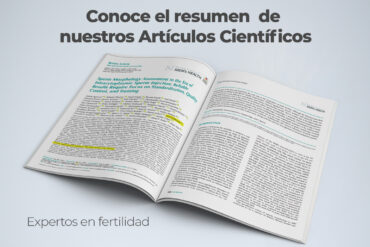The breasts are the organs with the highest risk of suffering from a neoplasm in women.
This is why timely detection is essential to have a correct management and improve the prognosis in case of suffering from this disease.

However, there are patients who are at higher risk due to their history or previous health conditions. We call this risk factors and they are the following:
Inherent risk factors:
Age: Women over 50 years of age are a more vulnerable group.
Genetic mutations: There are inherited alterations in the BRCA1 and BRCA2 genes, among others, that increase the risk of breast, ovarian and colon cancer. These special studies are carried out when there are several affected women in the family, particularly in those young women.
Breast disease risk: Having had cancer in one breast increases the risk of developing cancer in the contralateral breast. Also have hyperplasia or carcinoma in situ because they are preinvasive lesions.
Family background: If there are first-degree relatives such as a mother, sister or daughter who have suffered from breast cancer, the risk for the patient rises.
Radiation: Radiation treatment for neoplastic diseases before the age of 30 may increase the risk.
Acquired risk factors:
sedentary lifestyle. Physical inactivity is related to metabolic diseases and overweight, increasing the risk.
Overweight or Obesity: The risk is increased because fatty tissue has some hormonal production.
Hormones: Prolonged contraception with combined oral contraceptives for long periods of time and the administration of hormone replacement therapy in menopause for long periods or in advanced ages increase the risks.
Late motherhood: Having a pregnancy after the age of 35.
Absence of lactation: A woman who has become pregnant and does not breastfeed for at least 6 months increases the risk.
Alcohol: Alcohol abuse has been linked to an increased risk.
Presenting one or more risk factors is not certain to present breast cancer at some point in life. But patients with any of these antecedents should be much more closely monitored.
All patients will at some point be the age that increases risk.
For this reason, screening with self-examination, surveillance by a gynecologist, breast ultrasound from the age of 25 in cases of hereditary breast cancer and later, after the age of 40, performing mammography, are recommended methods to better care for patients and detect cases as early as possible. possible to have a great chance of preserving health.



